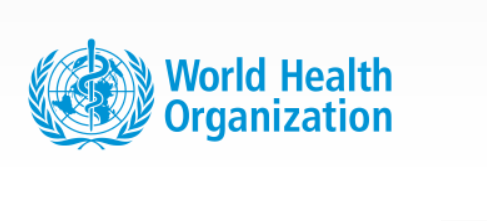Heading: WHO Nears Deal on New Pandemic Response Rules (GS Paper 3, Health)

Introduction:
- After two years of intensive deliberations, the World Health Organization (WHO) is on the brink of finalizing a historic agreement aimed at fortifying the global response to pandemics.
- This agreement is a culmination of efforts by representatives from the 194 member states who have convened in Geneva to address the critical need for enhanced international coordination in the face of health crises.
The Pandemic Treaty:
- Central to these discussions is the formulation of a pandemic treaty designed to rectify the deficiencies of the existing International Health Regulations (2005), which were exposed during the COVID-19 pandemic.
- The proposed treaty places a strong emphasis on ensuring equitable access to vital medical resources, particularly vaccines, by allocating approximately 20% of these resources to be distributed to low-income countries during times of health emergencies.
- This provision underscores the imperative of global solidarity and cooperation in mitigating the impact of pandemics on vulnerable populations worldwide.
Revamping International Health Regulations (IHR):
- In addition to addressing resource allocation, negotiations also entail an overhaul of the International Health Regulations (IHR), with a focus on enhancing the alert system to enable swifter and more comprehensive responses to emerging health threats.
- This includes the introduction of an "early action alert" mechanism, complementing the existing "public health emergency of international concern" (PHEIC) designation.
- These reforms aim to bolster the capacity of the international community to detect and respond to health emergencies promptly, thereby minimizing their global impact.
International Disagreements and Negotiations:
- However, the path to reaching consensus has been fraught with challenges, as divergent interests and priorities among developed and developing countries have led to significant disagreements.
- Key points of contention include the allocation of resources and the distribution of financial responsibilities.
- These differences have necessitated extensive negotiations and last-minute discussions to reconcile conflicting positions.
- Moreover, political pressures, particularly from right-leaning groups advocating for national security interests, have further complicated the negotiation process.
Conclusion:
- Despite the formidable obstacles encountered during negotiations, the impending agreement on new pandemic response rules represents a pivotal milestone in global health governance.
- By learning from the lessons of the COVID-19 pandemic, the international community is taking proactive measures to strengthen global health security and resilience.
- This underscores the importance of collaborative efforts and solidarity among nations in addressing the complex challenges posed by future health emergencies, thereby safeguarding the health and well-being of populations worldwide.


